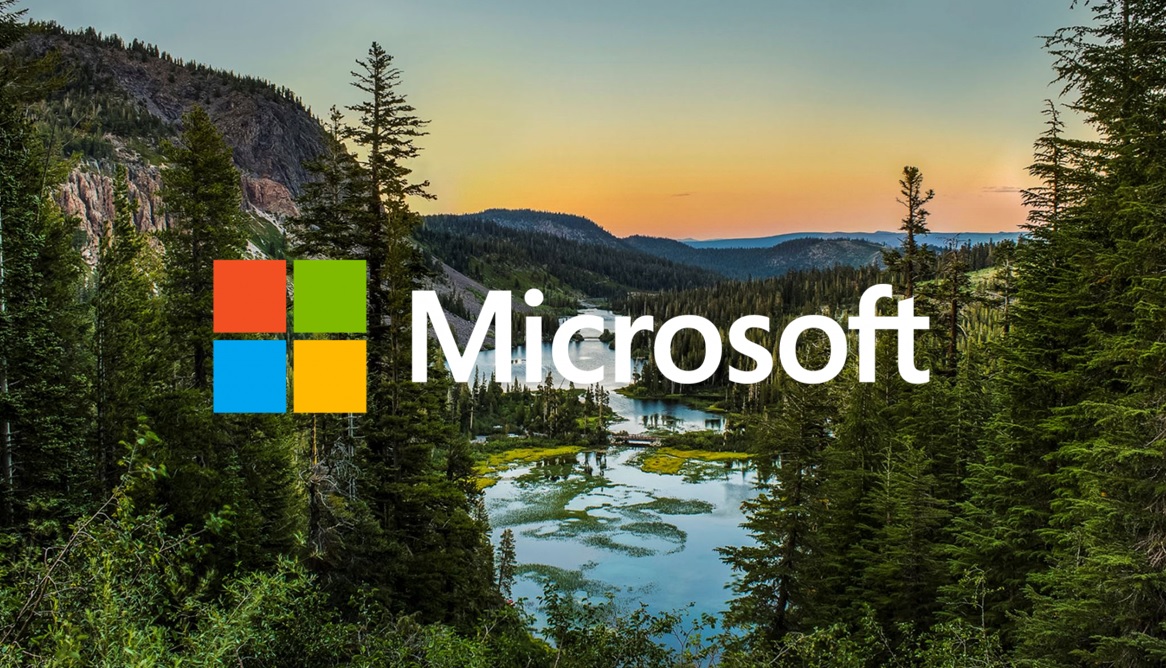
In 2020, Microsoft made a bold set of commitments that set the stage for its remarkable sustainability journey. The company pledged to become a carbon-negative, water-positive, zero-waste organization that actively protects ecosystems, all within the next decade.
These ambitious goals, to be achieved by 2030, demonstrate Microsoft’s unwavering dedication to driving meaningful change and leading the charge toward a sustainable future. Through data-driven solutions and innovative strategies, Microsoft is transforming the way businesses approach sustainability.
Reducing Carbon Footprint
Microsoft recognizes the critical role of reducing greenhouse gas emissions in combating climate change. With a goal to become carbon negative by 2030, the company is making significant strides in reducing its carbon footprint. Since setting this ambitious target, Microsoft has made substantial progress. In 2022 alone, they achieved a remarkable 22.7% reduction in operational emissions, contributing to an overall decline of 0.5% in their total emissions.
Water Stewardship and Conservation
In addition to addressing carbon emissions, Microsoft is dedicated to water stewardship and conservation. Through their water-positive commitment, the company aims to replenish more water than they consume by 2030. By leveraging advanced technologies and data analytics, Microsoft has implemented innovative water management strategies. Their efforts have resulted in significant water savings and replenishment projects estimated to provide over 35 million cubic meters of volumetric water benefits.
Moreover, Microsoft is actively engaged in providing access to clean water and sanitation solutions to vulnerable communities. With projects spanning across multiple countries, such as Brazil, India, Indonesia, and Mexico, Microsoft has positively impacted the lives of more than 850,000 people, ensuring access to safe drinking water and improved sanitation facilities.
Zero Waste and Circular Economy
Microsoft is committed to achieving zero waste by 2030, emphasizing the importance of a circular economy. By prioritizing waste reduction, reuse, and recycling, the company has made substantial progress toward this goal. Notably, Microsoft has achieved an impressive 82% reuse and recycle rate for all its cloud hardware, demonstrating its commitment to sustainable resource management.
To further reduce their environmental footprint, Microsoft is actively working to eliminate single-use plastics from their packaging. By reducing the use of single-use plastics to 3.3% and aiming for complete elimination by 2025, the company has diverted over 12,000 metric tons of solid waste from landfills. These efforts underscore Microsoft’s dedication to fostering a circular economy and minimizing waste generation.
Enabling Sustainability through Technology
As a technology leader, Microsoft recognizes the transformative power of digital solutions in driving sustainability. They have developed cutting-edge tools and platforms to empower their customers and partners in their sustainability journeys. Microsoft Cloud for Sustainability, with its powerful Sustainability Manager, enables organizations to measure, report, and reduce their emissions across all scopes. This comprehensive suite of tools equips businesses with the insights and capabilities necessary to make informed decisions and drive meaningful change.
Azure customers also benefit from the Emissions Impact Dashboard, which provides real-time visibility into the carbon emissions resulting from their cloud usage. This empowers organizations to optimize their operations, identify areas for improvement, and track their progress toward sustainability goals.
Advocacy and Collaboration for Global Impact
Recognizing the importance of collective action, Microsoft actively advocates for global sustainability and collaborates with stakeholders to drive systemic change. They are committed to shaping public policy and influencing industry standards to accelerate the transition to a low-carbon future.
Microsoft’s involvement in global initiatives, such as the Task Force on Climate-Related Financial Disclosures (TCFD) and the Renewable Energy Buyers Alliance (REBA), demonstrates their commitment to catalyzing meaningful change beyond its own operations. By leveraging its influence and resources, Microsoft is working towards a sustainable future for all.
This article contains an affiliate link(s). Learn more.





